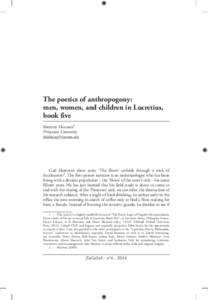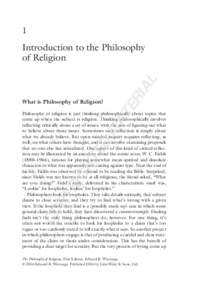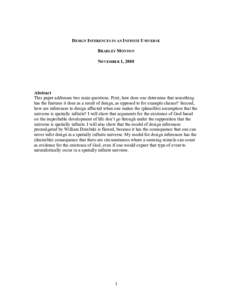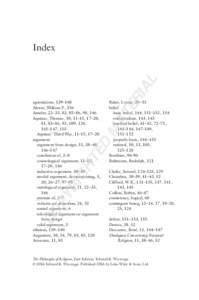<--- Back to Details
| First Page | Document Content | |
|---|---|---|
 Date: 2014-12-16 08:54:04Ancient Greek philosophers Ancient Greek mathematicians Epicureanism Philosophical movements De rerum natura Natural philosophy Lucretius Teleological argument Lucretia Epicurus Democritus Teleology |
Add to Reading List |
 The poetics of anthropogony: men, women, and children in Lucretius, book five Brooke Holmes1 Princeton University
The poetics of anthropogony: men, women, and children in Lucretius, book five Brooke Holmes1 Princeton University![Dialogues Concerning Natural Religion David Hume Copyright ©2010–2015 All rights reserved. Jonathan Bennett [Brackets] enclose editorial explanations. Small ·dots· enclose material that has been added, but can be re Dialogues Concerning Natural Religion David Hume Copyright ©2010–2015 All rights reserved. Jonathan Bennett [Brackets] enclose editorial explanations. Small ·dots· enclose material that has been added, but can be re](https://www.pdfsearch.io/img/74481a59f484f36b6ce59f15e27fd0d1.jpg)


